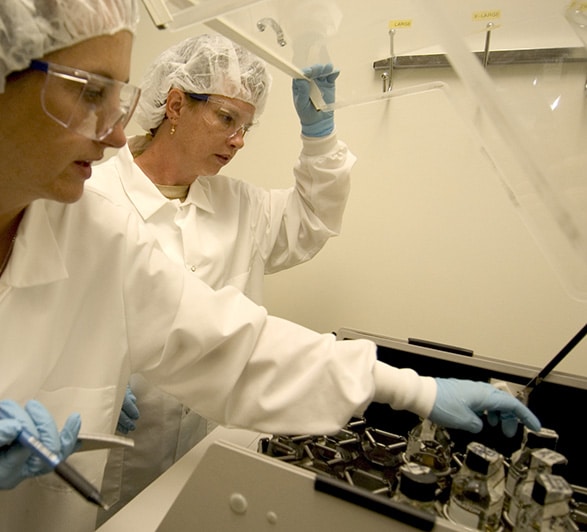

Below are the quantitative outcomes identified for each priority area used to measure the success of a project in achieving the mission of the Golden LEAF Foundation. Competitive applications will typically include projections for one or more of these measures to assess project success. Priority is given to projects that support North Carolina’s tobacco-dependent, economically distressed, and/or rural communities.
Narrative outcomes listed below are also examples of priority outcomes, but grantees may use a variety of strategies to gather data to support, such as interviews, anecdotal reports, etc. In their proposals, applicants should indicate which narrative outcomes they will track for the project and describe how they will gather information to support.
Collaborate with EDPNC, N.C. Department of Commerce, local governments, and organizations to provide gap funding to assist with job creation.
Investment in publicly owned infrastructure
Investment in privately owned property, plant, and equipment
New full-time jobs created
Average annual wage of new full-time jobs
Business start-ups
Narrative: Jobs retained that were at risk without Golden LEAF support; comparison to county wages; job creation in identified job sectors; etc.

Increase the number of qualified individuals with skills aligned with current and future needs of North Carolina businesses. Prepare students with the technical and life skills necessary to enter work.
Increase in students completing at least one curriculum program in the area funded.
Increase in students completing at least one continuing education course or program in the area funded.
Increase in students earning at least one industry/third party certification, license, or other credential (non-academic) in the area funded.
Increase in students completing CTE pathways in the area funded.
Increase in students participating in work-based learning.
Increase in students receiving meaningful exposure and opportunities to explore local career opportunities.
Narrative: Students employed; incumbent workers trained; employer input and feedback; survey results; etc.

Support agriculture as a means of promoting economic development.
Number of participants at agricultural trainings
New publications directed towards farmers
Monthly use of agricultural facilities that benefit farmers
Narrative: Jobs, revenue growth, new agricultural business formations, economic output, changes in agricultural practices; acres in production; new crops/products grown or produced; and other measures of agriculture projects

Stay connected with Golden LEAF by signing up for our e-newsletter. You can also follow us on Twitter, Facebook, and LinkedIn.